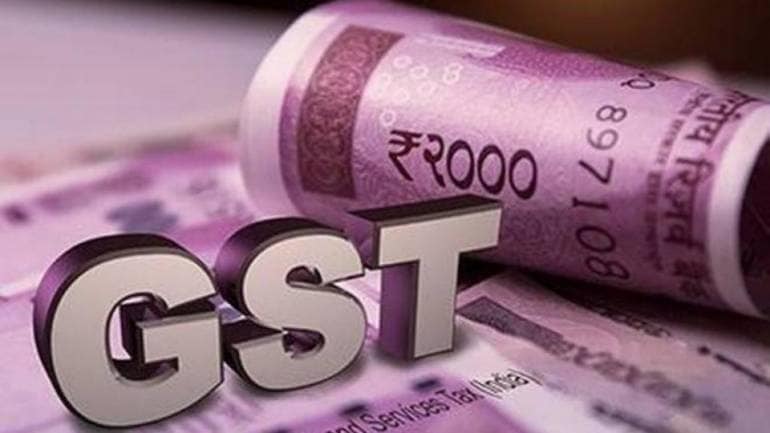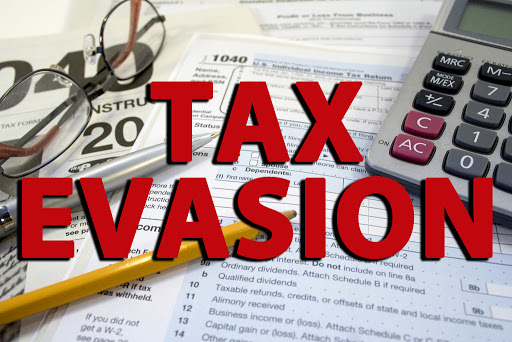The Madras High Court has recently in the case of M/s.P.R.Mani Electronics has held that the time limit of availing transitional Input Tax Credit (ITC) is mandatory and not a directory and accordingly it can’t be availed of except within the stipulated time limit.
It may be noted here that in past, Delhi High Court has in cases Brand Treaty Equities and SKH
Sheet Metals Components had adjudged that Input Tax Credit to be a vested right and thus a property of the assessee. Further time limit of availing ITC was adjudged to be as directory and not mandatory.
By contrast, Bombay High Court, in case of Nelco Limited had concluded that ITC is a concession which is required to be availed of within the prescribed time, failing which it would lapse. The Gujarat High Court also considered this question in case of Willowood Chemicals Ltd. and concluded that Transitional ITC is a concession and that Rule 117 is intra vires Section 140 of the CGST Act.
Lets now discuss about the judgment of Madras High Court:
Facts of the case:
The Petitioner, M/s.P.R.Mani Electronics is a proprietary concern involved in the retail trade of mobile phones, electrical, electronic, and other items. When the CGST and SGST Acts were introduced, as a transitional measure, the carry forward of credit for taxes paid on inputs under previously existing indirect tax laws, which may be referred to as transitional ITC, was enabled by making provision in respect thereof.
In terms thereof, according to the Petitioner, he is entitled to avail Transitional ITC of Rs.4,62,496/- under the head of CGST and Rs.7,512/- under the head of SGST under the respective GST laws.
The Petitioner’s consultant could not enter the common portal and upload the form TRAN-1 by the extended date of 27.12.2017. The Petitioner approached the Sales Tax Collection Inspector, in person, on 29.12.2017, and submitted a hard copy of Form GST TRAN-1 and also received an acknowledgment.
Prayer of the petitioner:
The petitioner has challenged the validity of Rule 117 of the Central Goods and Service Tax Rules, 2017 on the grounds that it is ultra vires Section 140 of the Central Goods and Services Tax Act, 2017 (the CGST Act) and infringes Articles 14 and 300A of the Constitution.
The petitioner further pleaded before the court that the Respondent-authority should be directed to permit the Petitioner to file Form GST TRAN-1 either electronically or manually to claim the transitional input tax credit of Rs.4,70,008/-.
Madras High Court Order: Deliberation and Ruling
- As is evident on perusal of Rule 117(1), a registered person is required to submit a declaration, electronically, in Form GST TRAN-1 on the common portal within 90 days or, if applicable, the extended period not exceeding 180 days from the appointed date in order to make a claim for Transitional ITC.
- Section 140 stipulates that the registered person is required to submit a return, within such time, and in such manner as may be prescribed for purposes of availing Transitional ITC. The words “within such time” were not originally a part of Section 140(1) and were introduced by the Finance Act, 2020 under Notification No.43/2020 dated 16.05.2020 with retrospective effect from July 1, 2017.
- Pursuant to Section 164 of the CGST Act,2017, Rule 117 was framed whereby a time limit was fixed for submitting the on line Form GST TRAN -1. By the Finance Act of 2020, the words “within such time” were introduced in Section 140, with retrospective effect from 01.07.2020, thereby conferring expressly the power to prescribe time limits in Section 140 even without relying entirely on the generic Section 164. In this statutory context, we find ample reason to conclude that Rule 117 of the CGST Rules is intra vires Section 140 of the CGST Act but none to conclude otherwise.
- The object and purpose of Section 140 clearly warrants the necessity to be finite. ITC has been held to be a concession and not a vested right. In effect, it is a time limit relating to the availing of a concession or benefit.
- If construed as mandatory, the substantive rights of the assessees would be impacted; equally, if construed as directory, it would adversely impact the Government’s revenue interest, including the predictability thereof.
- On weighing all the relevant factors, which may not be conclusive in isolation, in the balance, we conclude that the time limit is mandatory and not a directory.
In view of above the writ petition was dismissed and no relief was granted to the petitioner. However, the beach stated that if any dispensations are granted by the tax authorities with regard to availing of Transitional ITC, whether by filing Form GST TRAN-1 or otherwise, and to which the Petitioner may be entitled, this order will not preclude the Petitioner from making a claim for Transitional ITC.
Our view:
The issue of time limit of availing of transitional credit has been a litigative one with contrary judgements from Delhi High Court and Bombay and Gujarat High Court. The Government has already filed an appeal before the Supreme Court against the order of Delhi High Court in Brand Equities case. It is expected that final verdict of Supreme Court will be delivered soon and the unending saga of transitional credit will come to an end.
READ ORDER:
DOWNLOAD ORDER:
[wpdm_package id=’3169′]
***
[rainbow]Don’t miss the next GST Update / Article / Judicial pronouncement[/rainbow]
Subscribe to our newsletter from FREE to stay updated on GST Law
Resolve your GST queries from national level experts on GST free of cost.
Frah Saeed is a law graduate specializing in the core field of indirect taxes and is the Co-founder of taxwallah.com. She has authored many publications on GST and is into full-time consultancy on GST to big corporates. She as a part of taxwallah.com heads a team comprising of Chartered Accountants and Advocates and plays a key role in our mission to disseminate GST knowledge to all.



